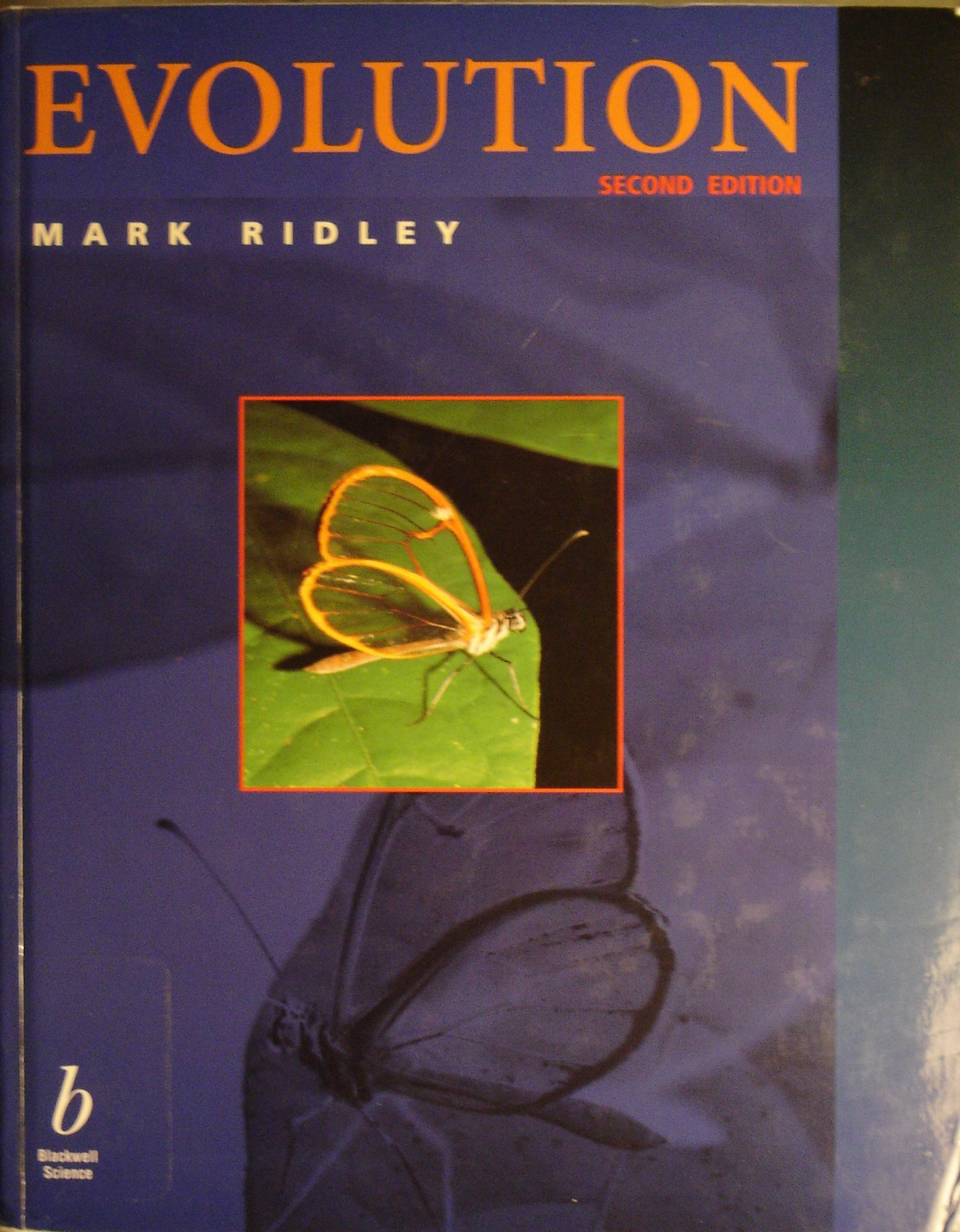Home Research Publications Other courses Lectures Tutorials pdf file
![]()
BIOL 323 - Evolution
Instructor Dr. George A. Lozano | Teaching Assistant Pierre-Paul Bitton |
Course Description
The Official Version: Mechanisms and processes of evolution of biological organisms. Discussion of evolutionary principles from Darwinism to molecular evolution. 3.0 Credit Hours : 2.0 Lecture hours , 1.0 Lab hour.
My 2 ¢.- The course’s official title, "Evolutionary biology" is actually redundant because the ability to evolve is what defines biological systems, so there is no such thing as non-evolutionary biology. Hopefully we all have heard of evolution before; in this course I will attempt to review the principles of evolution, and highlight the implications to other areas of life (that is, biology).
My philosophy.- A university course should be a joyful, fruitful and challenging exchange of ideas. I will do everything I can to make it so, within the constraints of the system, and I hope you will do likewise. It will require a high level of diligence, hopefully competence and eventually achievement.
This is a third year course, so the ability to memorize vast quantities of information will only get you half way there. Whenever possible I will emphasize comprehending concepts, not memorizing facts. You must know the facts and understand the concepts such that you are able to recognize them in different situations, and apply them in new and unexpected ways. You will be tested on your ability to extrapolate, integrate, estimate, conceptualize and hypothesize.
Schedule:
Lectures MWF 2:30 pm - 3:20 pm Teaching Lab Building 8-164
Tutorials F 3:30 pm - 4:20 pm Teaching Lab Building 8-164
Final Exam TBA
Consider lectures to be a scheduled, moderated, conversation between me and you (singular you), during which I will be the moderator and I will be doing most of the talking (but not ALL, please participate). Disruptive behaviour (repeated tardiness, cells phones, noise, side conversations, etc.) will not be tolerated. This is completely unnecessary, right?
Resources
Primary Textbook
| Ridley, M. 2004. Evolution, 3rd edition. Blackwell Science. that is a photo of the second edition--> |  |
Other Interesting Books.
Bell, G. 1997. Selection: the mechanism of evolution. Chapman & Hall, NY. A mentor from McGill.. The book deals strictly with selection, and draws examples from all of evolution’s creation.
Bryson, B. 2003. A short history of nearly everything. Doubleday.
Darwin, C. 1859. The Origin of Species by Means of Natural Selection. The greatest idea of all time! Detailed and exhaustive work, first documenting the fact of evolution and then proposing a mechanism.
Dawkins, R. 1986. The blind watchmaker. Longman Scientific and Technical. Essex, England. A master in the art of finding the perfect metaphor. A true pleasure to read, explains how seemingly complex structures can arise by miniscule consecutive changes without the need of a deity directing the process.
Dawkins, R.. 1995. River out of Eden. New York: Basic Books. Another great metaphor to explain speciation and its consequences.
Dawkins, R.. 1978. The selfish gene. Oxford University Press, NY. Presents the argument that the gene, not the individual, should be considered as the unit of selection.
Freeman, S. and Herron, J. C. 2004. Evolutionary analysis, 3rd ed. Pearson Prentice Hall. Used previously and might get used again; it has a good section on adaptation.
Futuyma, D. J. 1995. Science on trial: the case for evolution. Sinauer Associates, Inc. Sunderland, Massachusetts. Eloquently addresses all the usual arguments against evolution used by creationists.
Futuyma, D. J. 1997. Evolutionary Biology, 3rd ed. Sinauer Associates, Inc. Sunderland, Massachusetts. A very comprehensive text on evolution, used by many courses.
Gould, S. J. 1977. Ever since Darwin. W. W. Norton and Company, NY. Popular readings on evolution, by one of its most articulate products.
Gould, S. J. 1983. Hen’s teeth and horse’s toes. W. W. Norton and Company, NY. More popular readings on evolution, some of which might be used in the tutorials.
Pinker, S. 1997. How the mind works. New York: W. W. Norton. Another truly gifted writer.
Ridley M. 1996. The origin of virtue. Viking Penguin. A different Ridley than the textbook’s, but also a gifted writer. Here he examines human behaviour from an evolutionary perspective.
Ridley, M. 2000. Genome. New York: Perennial. Great reading. It makes genetics seem almost exciting.
Slatkin, M. 1995. Exploring evolutionary biology, readings from American Scientist, Sinauer Associates, Inc. Sunderland Massachusetts. Easy readings about all aspects of evolution.
Stearns, S. C. and Hoekstra, R. F. 2000. Evolution, an introduction. Oxford University Press. An easy to read textbook on evolution.
Stebbings, G. L. 1982. Darwin to DNA, molecules to humanity. W. H. Freeman & Company. San Francisco. I do not really like the title, it implies humanity is the ultimate product of evolution, but it is a good book nonetheless.
Web sites
The Tree of Life |
Grading and Exams
Exams will cover all previously covered material, not just the material covered since the previous exam, or the last month, or the last week. Except as dictated by university or departmental polices, there shall be no make-up exams; after all this is biology, not cosmetology.
EVALUATION | % of total |
Test 1 | 15 |
Test 2 | 20 |
Final | 35 |
Total Exams | 70 |
|
|
Group work | 20 |
Individual work | 10 |
Total Tutorials | 30 |
Academic Honesty.- Please check UNBC’s official Undergraduate Regulations and Policies, particularly section IV-44.
Etc...
Lecture and tutorial schedules, other course information, etc.
![]()
Home Research Publications Other courses Lectures Tutorials pdf file